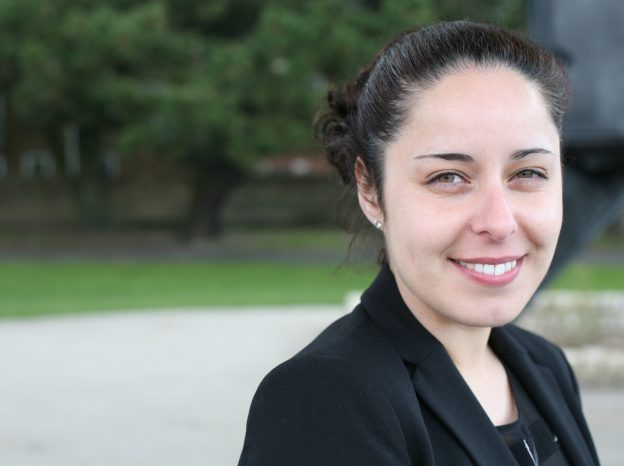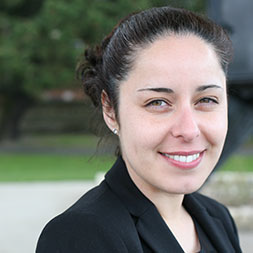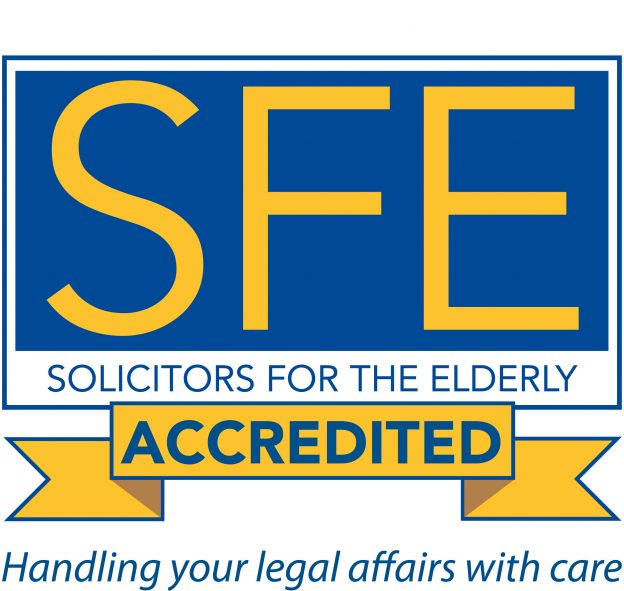
Duties of Attorneys
The duties as an Attorney are very similar whether acting under a General Power of Attorney, an Enduring Power of Attorney or a Lasting Power of Attorney.
The duty of Attorney must be to always act in the best interests of the donor (the person giving the Power) and consider the needs and wishes of the donor as far as possible.
The Attorney must not take advantage of the donor’s position to gain any benefit for him/her self.
The Attorney must keep the donor’s money and property separate from their own and other peoples.
The Attorney must consider the Mental Capacity Act and the supporting Code of Practice, when acting on behalf of the donor under an Enduring Power of Attorney or a Lasting Power of Attorney.
An Attorney should keep accurate accounts of their dealings for the donor. They should have a list of the donor’s bank and building society accounts and other investments, as well as proper records of all the donor’s income and expenditure. This includes receipts, bank statements and so on. The donor’s money and assets should remain the donor’s name.
If acting under a General Power of Attorney, the donor will still have capacity to manage his/her own affairs. A General Power is usually granted in limited circumstances, for example if the donor will be abroad when a particular transaction needs to take place, perhaps a property transaction. Loss of capacity revokes a General Power of Attorney, so is not particularly useful in the long term for the elderly client. However, it can be used as a temporary measure to cover an intervening period, for example before a Lasting Power of Attorney is registered with the Office of the Public Guardian.
The Court of Protection can direct that an Attorney produce accounts at any time. If satisfactory accounts are not produced, then the Power may be cancelled. After the donor’s death, the Attorney may be required to account to the Personal Representatives of the donor’s estate in relation to their dealings.
Selling the Donor’s Property
All actions taken on behalf of the donor must be in the donor’s best interests. If the Attorney believes that selling the property is in the donor’s best interests and the donor is the sole owner of the property and the Power permits it (basically if the Power does not restrict a sale in any way), then the Attorney may decide to sell the property. Attorneys do not need the approval from the Court of Protection or the OPG to sell the donor’s property. However if for any reason the sale is below market value or the Attorney or a family member want to buy the property, they must apply to the Court for permission. If an Attorney does not do so, then the sale may be challenged. If the donor has a Registered Health & Welfare Lasting Power of Attorney, the Attorney may need to discuss matters about the sale of the donor’s property with any Attorney appointed to make decisions about where the donor lives.
Gifts
An Attorney has limited powers to make gifts to themselves and others from the donor’s property. What are called “seasonal gifts” can be made, for example at Christmas or to mark other religious festivals, occasions such as anniversaries, births, marriages/civil partnerships and the like to people who are related to or connected with the donor.
An Attorney can also donate to any charity the donor supported or might have been expected to support, although it may be difficult to determine what might be “expected” if the donor did not actually undertake such an action. The value of any gift must be reasonable and proportionate in relation to the value of the donor’s estate.
If larger gifts of money or property are to be made, for example as part of planning for Inheritance Tax, the Attorney must apply to the Court. Just because a disposal may mitigate Inheritance Tax, it is not necessarily in the best interests of the donor, but rather the donor’s family or inheritors.
If a gift larger that the limit set is made without permission from the Court, the money or asset may have to be paid back.
Can an Attorney decide where the donor should live?
An Enduring Power of Attorney does not give the Attorney the legal right to decide where the donor should live. An EPA relates to property and assets only. The decision where the donor should live can only be made under the Health & Welfare part of a Lasting Power of Attorney.
Are Attorneys paid for time and expenses?
Professional Attorneys, e.g Solicitors and Accountants, may charge for their services if the Power provides for this. Private Attorneys are not normally paid for their work, but can recover reasonable expenses such as postages, stationery, the cost of phone calls and so on. What is considered to be reasonable will vary according to the circumstances of each case. It will depend upon what the Attorney is required to do and the value of the estate of the donor. The OPG can look into any complaint that Attorneys are claiming excessive expenses and, if they are considered unreasonable, they may have to be repaid. In extreme cases, the OPG may apply to the Court to cancel the Attorney’s appointment.
Can an Attorney retire?
Yes. An Attorney can cease to act at any time they wish. This is called “disclaiming the Power” and is preferably done by signing a Deed of Disclaimer, although strictly speaking a formal Deed is not a legal requirement. However as there needs to be proof of disclaimer, for production to any person or body to whom or which the Power was produced, it is necessary that the disclaimer is at least in writing, even if not prepared as a Deed. Obviously the donor should be notified of the retirement and if the Power if Registered, the OPG must also be notified.
If the retiring Attorney is the only one appointed and the donor lacks capacity to make a new Power, then the retiring Attorney should try and find someone suitable to make an application to the Court to be appointed as Deputy. If the Attorney is appointed jointly with another Attorney and one of them retires, then the whole Power fails. If the Attorney is appointed jointly and severally then following the retirement of one, the other Attorney can still continue to act.
The Office of the Public Guardian
The OPG does not supervise the Attorney or tell them how they should manage the donor’s affairs, but it will consider complaints about Attorneys where necessary. If an Attorney needs advice on practical, financial or legal matters, they should seek help from Solicitors, Accountants, or other professional advisers. The OPG can provide general guidance on its processes, but it does not provide legal advice or services.
If you have more questions, speak to one of our team today on 01425 610078 or 01590 689500.




